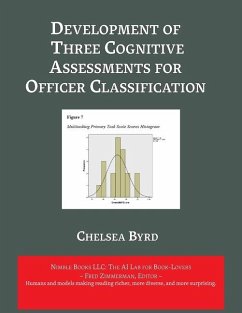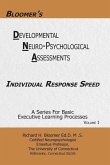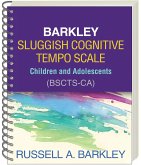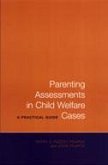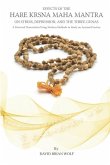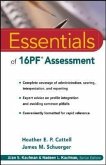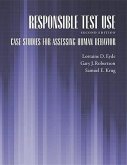Readers should want to read this document because it provides valuable insights into the development of cognitive assessments that measure important skills like systems thinking, problem-solving, and multitasking. These skills are crucial for officers in today's complex and fast-paced military environment, and understanding their development can contribute to the overall effectiveness of the Army. With the increasing demand for individuals who can navigate complex systems and solve problems effectively, this document offers valuable information for anyone interested in talent assessment and workforce development in our rapidly changing world. This document describes the development and validation of three cognitive assessments for officer classification: Systems Thinking, Problem Solver, and Multitasking. The assessments were evaluated through expert ratings and a pilot test. The results showed reasonable discrimination capabilities and provided insights for improvement. The document provides details on the item development process, including item types and scoring methods for each construct. It also suggests potential modifications and areas for further research. This annotated edition illustrates the capabilities of the AI Lab for Book-Lovers to add context and ease-of-use to manuscripts. It includes several types of abstracts, building from simplest to more complex: TLDR (one word), ELI5, TLDR (vanilla), Scientific Style, and Action Items; essays to increase viewpoint diversity, such as Grounds for Dissent, Red Team Critique, and MAGA Perspective; and Notable Passages and Nutshell Summaries for each page.

